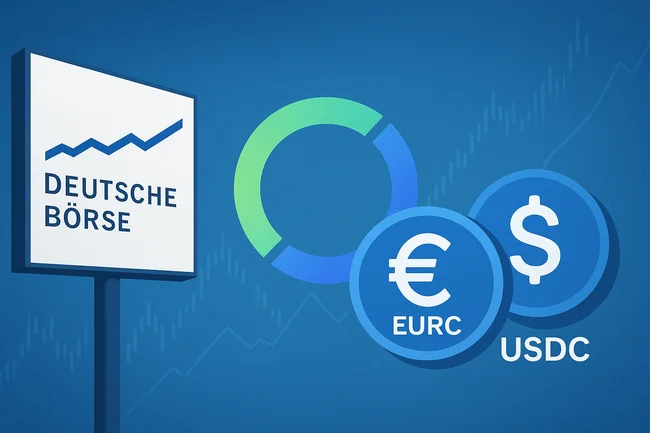A peer network is a system where participants share resources and information directly with one another, without relying on a central authority. In this setup, each participant, or node, can act as both a client and a server.In many cryptocurrencies, this network structure enables secure and efficient transaction processing. Nodes communicate to verify transactions and update a shared ledger, ensuring consistency across the network. This decentralized approach enhances security, as there is no single point of failure that can be targeted by attackers.The peer-to-peer nature also supports transparency, as every participant has access to the same information. This helps build trust among users, as they can independently verify the validity of transactions and the state of the ledger.Furthermore, a peer network can adapt to changing conditions, as new nodes can join or leave without disrupting overall functionality. This flexibility contributes to the resilience and longevity of the system, allowing it to scale effectively over time.

Avalanche Treasury Co. to Go Public in $675M Deal With Mountain Lake Acquisition
Avalanche Treasury Co. (AVAT), a digital asset treasury company aligned with the Avalanche Foundation, said Wednesday it has agreed to



